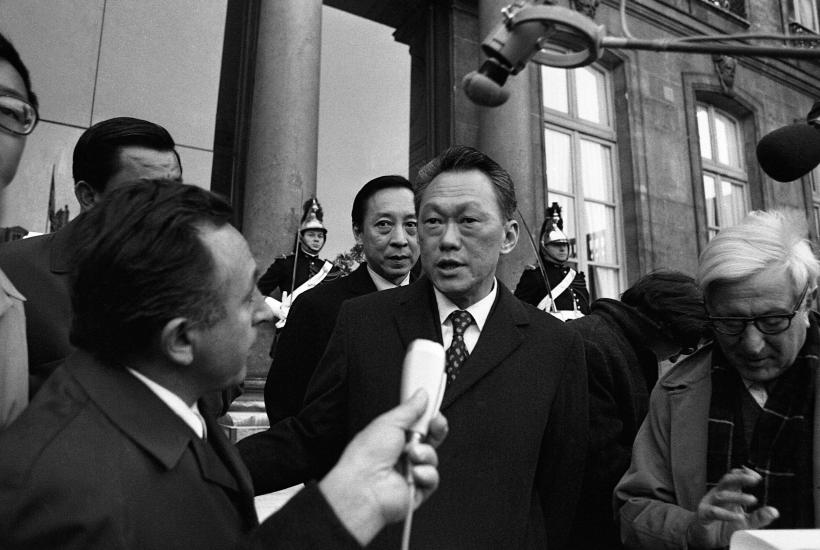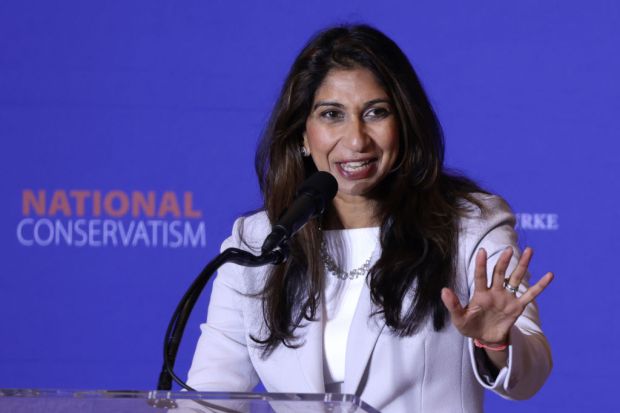I’ve read Kwasi Kwarteng’s surprisingly positive review of my book, Crack-Up Capitalism. Although it was unexpected to see someone from the libertarian corner being so enthusiastic about what is clearly a critical book, the experience was not new. After my previous book, Globalists: The End of Empire and the Birth of Neoliberalism, was published in 2018, I was startled to find Deirdre McCloskey, a leading classical liberal historian, praising the book as a manual for ‘keeping a liberalism which has made us rich and free.’ Globalists explained
Already a subscriber? Log in
Subscribe for just $2 a week
Try a month of The Spectator Australia absolutely free and without commitment. Not only that but – if you choose to continue – you’ll pay just $2 a week for your first year.
- Unlimited access to spectator.com.au and app
- The weekly edition on the Spectator Australia app
- Spectator podcasts and newsletters
- Full access to spectator.co.uk
Or



















Comments
Don't miss out
Join the conversation with other Spectator Australia readers. Subscribe to leave a comment.
SUBSCRIBEAlready a subscriber? Log in